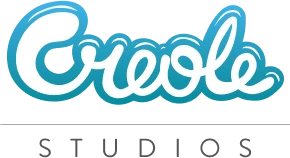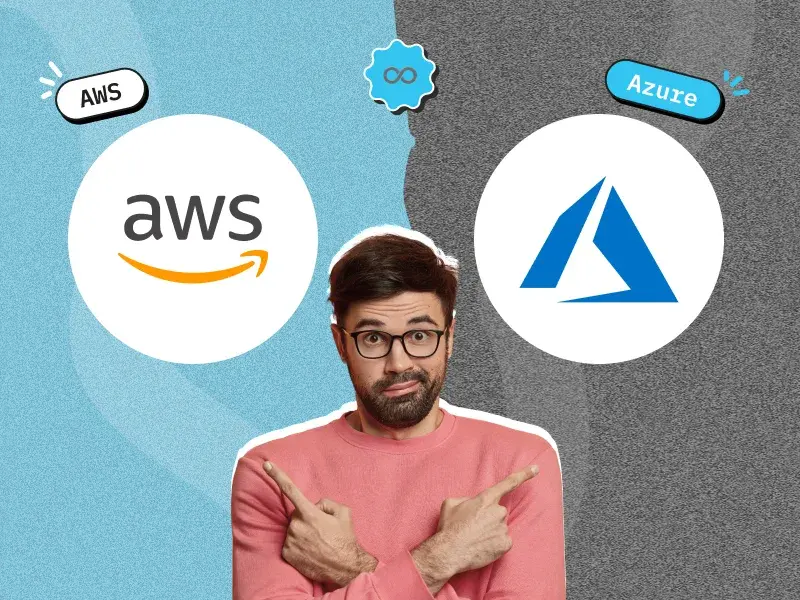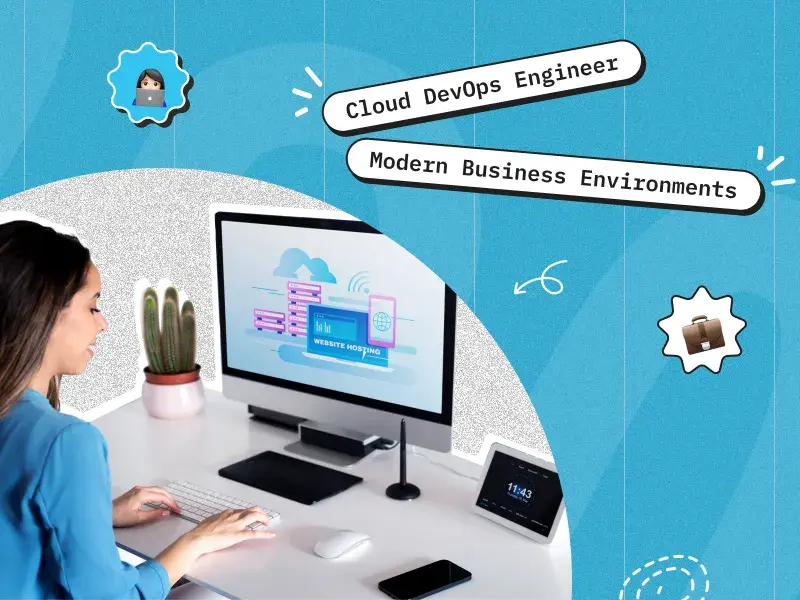Introduction
Understanding the differences between AWS and Azure for DevOps is crucial for making an informed decision. Both platforms offer robust solutions that cater to different needs, and this blog aims to help you identify which is better suited for your cloud DevOps journey.
To further enhance your DevOps capabilities, consider leveraging specialized expertise and hire DevOps engineers, ensuring optimal implementation and management of your chosen cloud infrastructure.
Overview of AWS and Azure for Cloud DevOps
AWS for Cloud DevOps
AWS for DevOps refers to the suite of tools and services provided by Amazon Web Services to facilitate the automation and management of software development processes on the AWS cloud. It supports various DevOps practices like continuous integration and continuous delivery (CI/CD). AWS for DevOps uses tools like AWS CodePipeline, AWS CodeBuild, and AWS CodeDeploy to streamline the development lifecycle. It allows organizations to hire AWS DevOps engineers who can leverage AWS’s robust infrastructure and automate the delivery of software products efficiently.
Azure for Cloud DevOps
Azure is Microsoft’s integrated set of services that enable organizations to plan, develop, test, deliver, and operate applications seamlessly on the Azure cloud platform. It includes tools like Azure Repos, Azure Boards, and Azure Pipelines to streamline the DevOps workflow. Azure for cloud DevOps is especially praised for its adaptability and end-to-end solutions for enterprises. This makes it an ideal choice for teams already embedded in the Microsoft ecosystem.
Read more: DevOps for Startups: Accelerating Growth with efficient development practices
Choosing the Right Cloud Platform for Your DevOps Needs
1. Scalability and Performance
Both AWS and Azure excel in providing scalable and high-performing infrastructure.
- AWS: Offers Auto Scaling for automatic resource adjustments and Elastic Load Balancing for efficient traffic distribution. Its extensive global footprint ensures seamless scaling across regions.
- Azure: Provides Virtual Machine Scale Sets for automatic scaling and Azure Load Balancer for traffic management. Azure Functions, a serverless computing option, offers automatic scaling based on demand, optimizing resource utilization.
2. Security and Compliance
Robust security and compliance are paramount in cloud environments.
- AWS: Offers granular control with IAM, network security with Security Groups and NACLs, and a wide range of compliance certifications. An AWS DevOps Engineer can ensure these security measures are effectively implemented.
- Azure: Provides Azure Active Directory for identity management, Azure Security Center for centralized security management, and a strong compliance posture with certifications like SOC1, SOC2, ISO 27001, and GDPR.
3. Core Services and Integration
Both platforms offer a comprehensive set of services for building and deploying applications.
- AWS: Provides S3 for object storage, EC2 for compute instances, Elastic Beanstalk for simplified application deployment, and integrates well with various third-party tools. An AWS DevOps Engineer can make full use of these integrations to optimize workflows.
- Azure: Offers Azure App Services for building web applications, Virtual Machines for computing resources, Azure SQL Database for managed databases, and has strong integration capabilities with tools like Jenkins.
4. Community and Ecosystem
A thriving community and ecosystem are essential for support and resource availability.
- AWS: Boasts a large and active community, extensive documentation, and a vast partner network.
- Azure: Has a growing community, comprehensive training resources through Microsoft Learn, and a strong partner ecosystem.
Read more: Key Skills for a Successful DevOps Engineer in 2024: A Deep Dive
Case Studies
AWS: Netflix
Netflix, a leading streaming platform, leverages AWS to support its continuous delivery model, enabling rapid and reliable software releases. This helps Netflix maintain high availability and performance for its global user base. An AWS DevOps Engineer plays a crucial role in managing these processes.
Azure: Maersk
Maersk, a global shipping company, implemented Azure cloud DevOps engineer services to modernize its software development and delivery processes. This resulted in improved collaboration and faster time-to-market.
Examining these and other real-world implementations is crucial for understanding how these platforms can be successfully adopted and utilized by your organization.
Read More: DevOps Engineer vs Software Engineer: Key Differences
Decision Matrix: AWS vs. Azure for DevOps
Choosing the right cloud platform for your DevOps initiatives requires careful consideration. The following decision matrix outlines key factors to evaluate when selecting between AWS and Azure:
| Factor | AWS | Azure |
| Workload Type | Well-suited for a wide range of workloads, including web applications, big data, and high-performance computing. Strong focus on IaaS and PaaS. | Strong affinity with Microsoft technologies and .NET applications. Offers a comprehensive suite of IaaS, PaaS, and SaaS offerings. |
| Budget | Generally more cost-effective for large-scale deployments due to a wider range of pricing options. | Offers competitive pricing with hybrid cloud flexibility and cost management tools. |
| Team Expertise | Requires a strong understanding of Linux-based systems and a broader range of tools and services. | Benefits from familiarity with Microsoft technologies and Windows environments. |
| Desired Level of Control | Offers granular control over infrastructure with a wide range of IaaS options. | Provides a balance of control and managed services with options for both IaaS and PaaS. |
| Compliance and Security | Strong compliance certifications and robust security features. | Offers comprehensive security and compliance features, especially for organizations with existing Microsoft investments. |
| Global Infrastructure | Extensive global footprint with a large number of regions and availability zones. | Strong global presence with a focus on data sovereignty and compliance in specific regions. |
| Community and Ecosystem | Largest cloud platform with a vast ecosystem of partners and tools. | Growing ecosystem with strong integration with Microsoft products and services. |
Conclusion
When it comes to choosing between AWS and Azure for cloud DevOps, the decision should align with your existing infrastructure, project requirements, and organizational goals. AWS offers robust infrastructure and extensive community support, whereas Azure provides excellent third-party integrations and comprehensive documentation.
Assessing the needs of your team and evaluating the capabilities of each platform will guide you to make an informed decision.
Consider to hire DevOps engineers to optimize your cloud infrastructure and streamline your development processes. Our team of skilled professionals can help you make the most of your cloud investment.











 30 mins free Consulting
30 mins free Consulting 
 4 min read
4 min read 






 Love we get from the world
Love we get from the world 